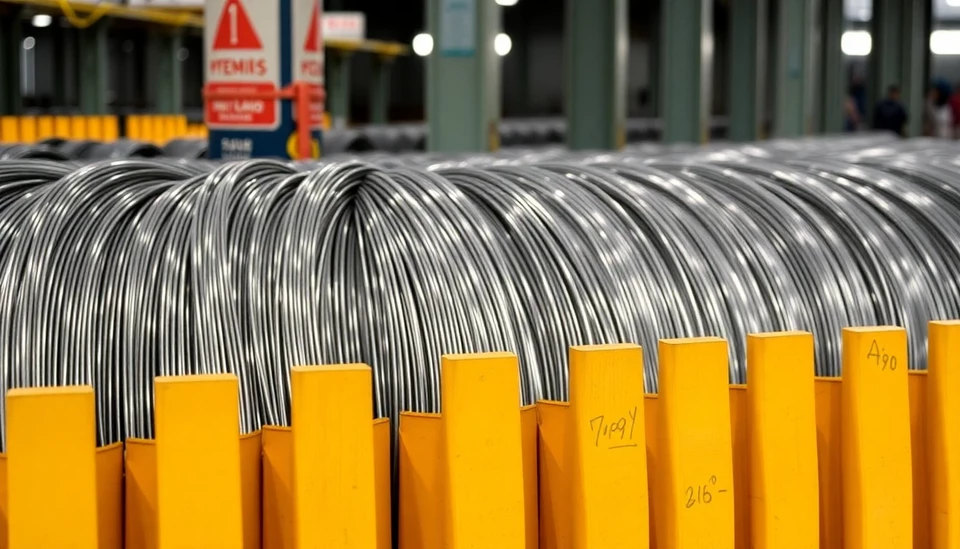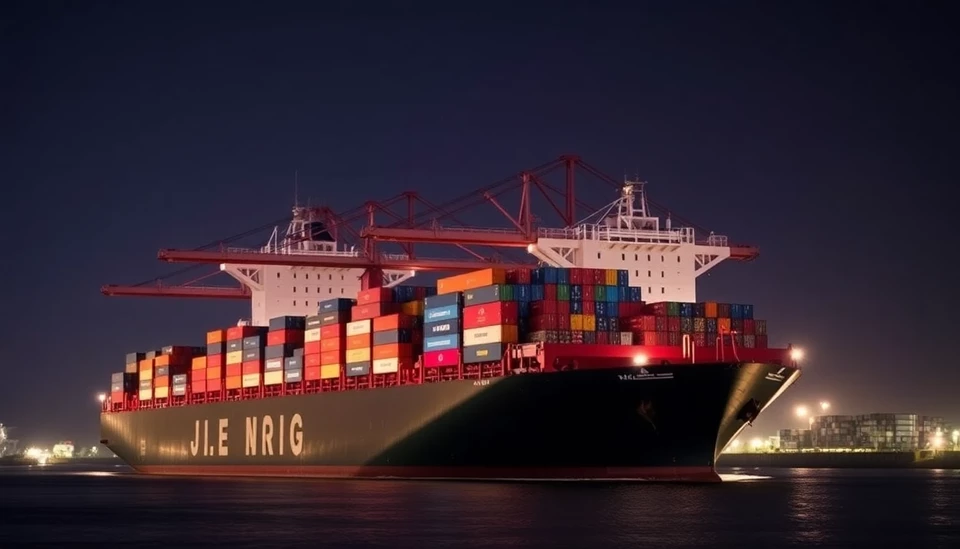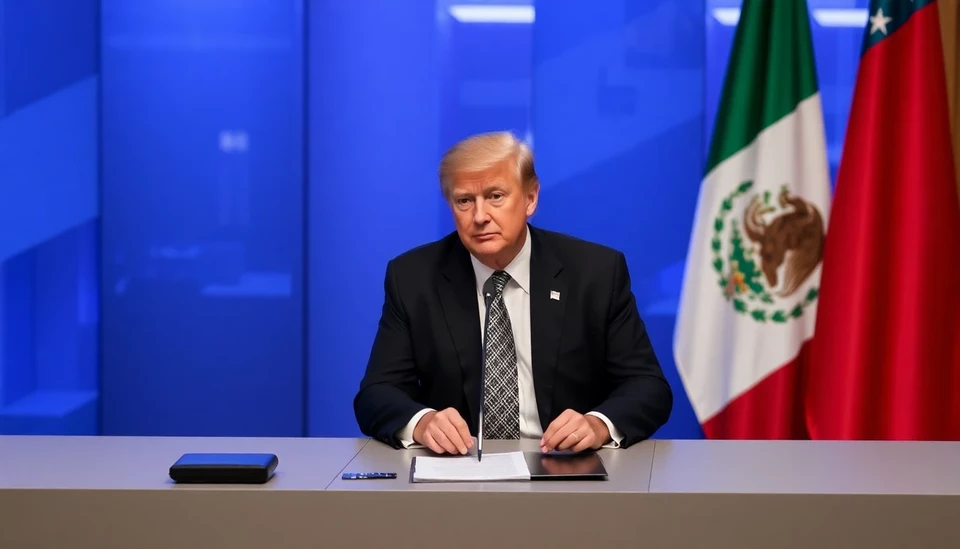
In a significant move impacting international trade dynamics, Mexico has announced a hefty 36% tariff on steel wire imported from Vietnam. This decision comes on the heels of allegations that Vietnamese manufacturers have been engaging in unfair pricing practices, commonly known as "dumping", which has raised concerns among domestic producers in Mexico.
The Mexican government’s decision to impose this tariff reflects a growing trend where nations are increasingly vigilant against perceived unfair trade practices that harm their local industries. This action is particularly noteworthy given the backdrop of ongoing trade tensions and discussions regarding the viability and competitiveness of domestic manufacturing sectors across the globe.
The Secretariat of Economy in Mexico, which championed this trade measure, stated in their announcement that the tariff is aimed at protecting local manufacturers from the negative effects of dumped imports. They asserted that the flooding of cheap steel wire from Vietnam posed a substantial threat to domestic production, potentially leading to layoffs and economic instability in the local steel industry.
The investigation that preceded this tariff was reported to have revealed significant discrepancies between the costs of production in Vietnam and the prices at which the steel wire was being sold in the Mexican market. Officials pointed out that such practices undermined the competitive landscape, jeopardizing jobs and investment in Mexico’s steel manufacturing sector.
Industry stakeholders in Mexico have welcomed the decision, expressing optimism that it will create a more level playing field. Local producers are hopeful that the imposition of this tariff will not only stabilize the domestic market but also enhance their capacity to compete in both local and international markets without the pressure of unfair imported pricing.
However, this move may lead to increased tensions in trade relations between Mexico and Vietnam, which could result in further retaliatory measures. Vietnamese officials have yet to respond formally to the announcement, but there's speculation that they may contest the tariff through trade negotiations or platforms such as the World Trade Organization.
The broader context of this development highlights the increasing scrutiny on international trade practices, especially in light of ongoing global supply chain disruptions and economic recovery efforts post-pandemic. Countries are keen on safeguarding their economic interests while balancing the dynamics of global trade relationships.
As the global market grapples with these issues, the implications of Mexico's tariff on Vietnamese steel wire will likely be monitored closely by other nations facing similar challenges. Stakeholders across various sectors will be assessing how this situation develops and what it may mean for future trade policies and relations.
In conclusion, Mexico's decision to introduce a 36% tariff on imported steel wire from Vietnam underscores the ongoing battle against dumping practices in international markets. It remains to be seen how this move will affect the relationship between the two countries and the broader implications for trade dynamics in the steel sector at large.
#Mexico #Vietnam #SteelWire #Tariff #TradePolicy #Dumping #InternationalTrade #Economy #Manufacturing #SteelIndustry
Author: Daniel Foster




